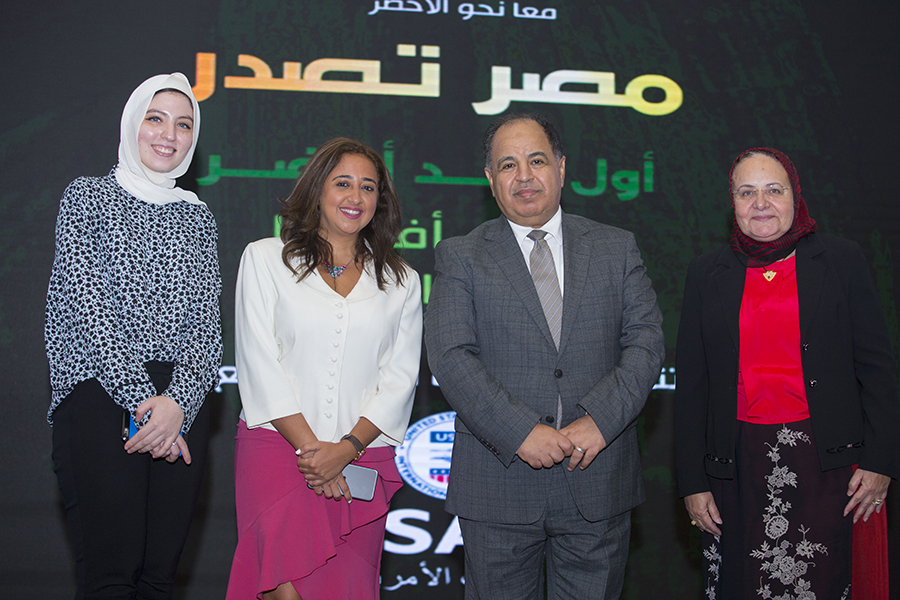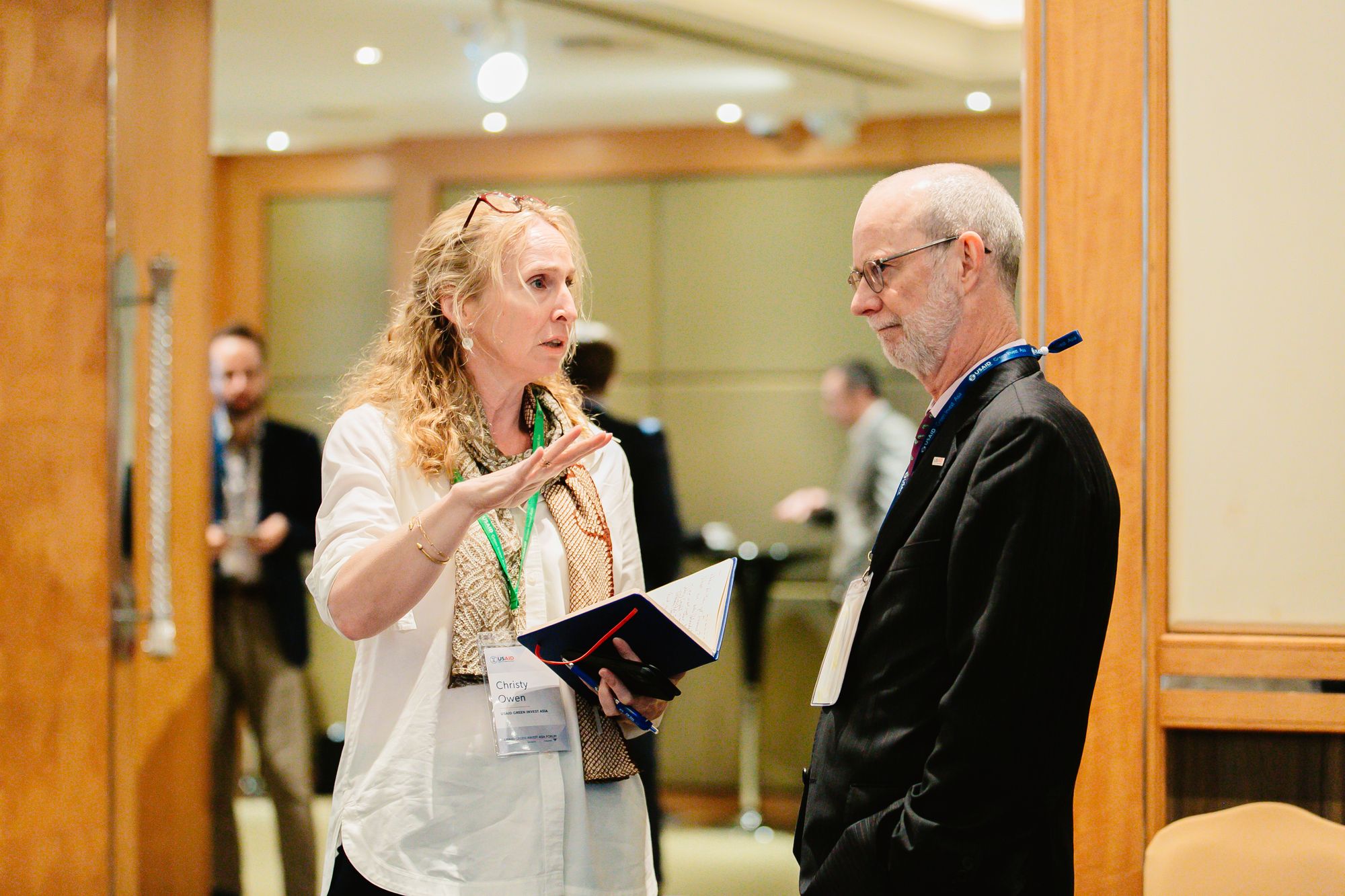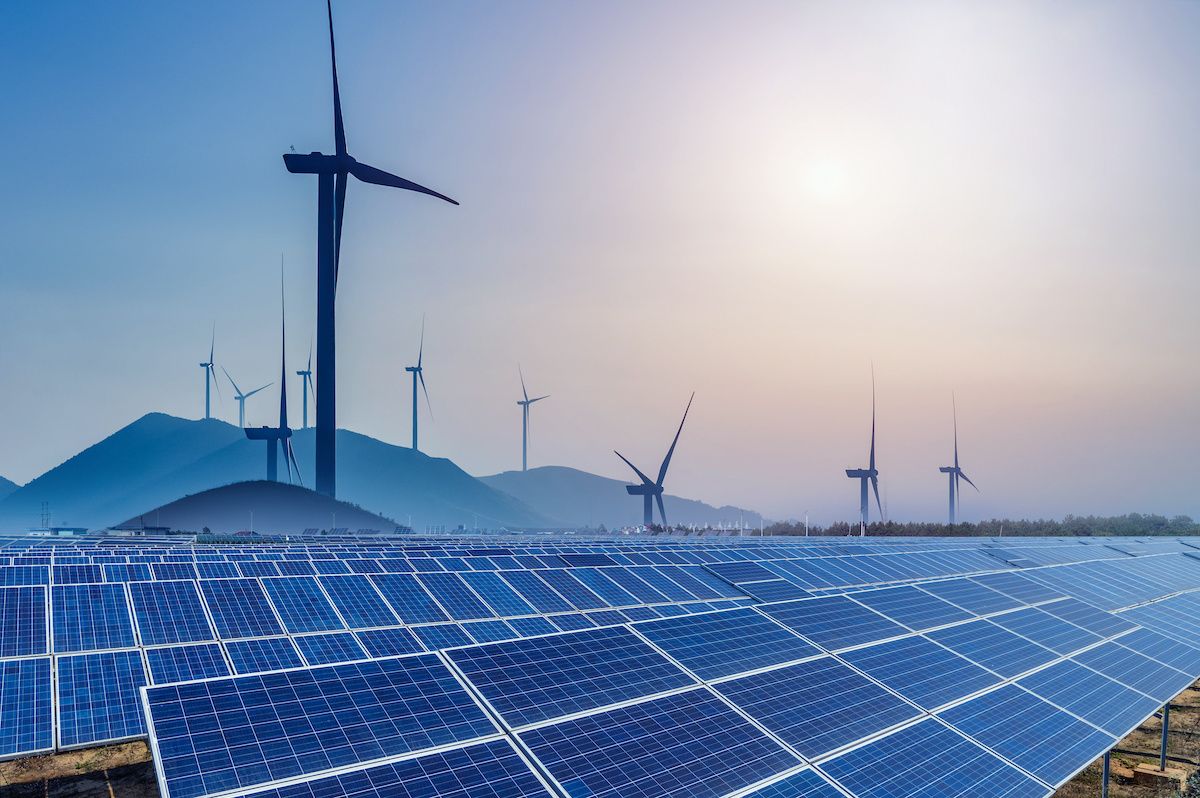Egypt—one of the world’s hotspots for extreme climate vulnerability—is at increasing risk of sea-level rise, water scarcity, and extreme weather events, which could damage the country’s infrastructure, food security, human health, and ecosystems, threatening its macroeconomic stability and long-term competitiveness.
To respond to these potential impacts, the Government of Egypt (GOE) incorporated “Sustainable Environment” as a core objective of its national sustainable development strategy, Egypt Vision 2030. Egypt has begun efforts to significantly reduce its greenhouse gas (GHG) emissions, upgrade its infrastructure in all sectors and regions to become more climate-resilient, and promote greater energy efficiency and resource conservation. Concurrently, Egypt is working toward producing an Integrated National Financing Framework with support from the United Nations (UN) Joint Sustainable Development Goal Fund and is pursuing the UN’s Finance for Development Agenda—efforts that will support the country’s ability to align its financing policies with the Vision 2030 objectives, including sustainable environment.
To advance these objectives, in 2018, the GOE approved the legal framework for issuing green bonds to attract international investors engaged in the booming environmental, social, and governance (ESG) securities market. As a result—with support from the U.S. Agency for International Development-funded Macro-Economic Stabilization and Reform (MESR) project—in November 2020, the GOE launched Egypt’s first green bond.

The groundbreaking bond, valued at $750 million over a five-year term, was the first of its kind in the Middle East and North Africa. The invested capital is earmarked to leverage private capital for climate- and environment-focused projects meeting international ESG criteria (based on the International Capital Market Association’s Green Bond Principles). These criteria include low-carbon mass transit, renewable energy, pollution prevention and control, energy efficiency, climate-resilient infrastructure, and sustainable water and wastewater management.
While the green bond was initially valued at $750 million, interest was so great that bond orders far exceeded that value, attracting a new base of global ESG investors for Egypt. The bond also provides a model that other emerging markets can adapt as they search for alternative financing solutions for climate-resilient public infrastructure and service delivery that national budgets often cannot fund on their own.
Following the success of the first green bond, in June 2021, Egypt’s Commercial International Bank issued the first private sector green bond, valued at $100 million. The bond was issued in partnership with the International Finance Corporation, which committed to helping unlock finance for climate-smart projects, reducing GHG emissions, and supporting the country’s transition to a greener economy.
Building on Egypt’s efforts to move toward green finance, the DAI-led MESR project assisted Egypt’s Ministry of Planning to revamp its process and criteria for funding public investment projects (such as schools, highways, and desalination plants), by supporting the creation of an Environmental Sustainability Manual for public investment decisions. While the Ministry of Finance, astutely recognizing the environmental need and interest of investors, led the effort to label and issue the first green bond, MESR’s work continues to lay the groundwork to ensure that the green bonds will be successful and that the capital raised will indeed be used for credible green investments. Green projects currently being formulated include desalinization plants, a dry port in Cairo, and scaling renewable energy production (particularly solar).

However MESR is not a project focused on climate change or the environment—it is a fiscal reform project working to address Egypt’s macroeconomic challenges. Yet because GOE leadership has recognized that climate change and macro-fiscal stability are intertwined—as evidenced in Egypt Vision 2030—addressing climate change through green financing became an implicit objective of the project.
For governance practitioners, development assistance must match the priorities of the governments we support and the challenges they face. MESR’s work shows that—by supporting green finance mechanisms—governance projects can help countries build resilience to climate risks and catalyze a shift toward a low-carbon and economically sustainable future.
Gareth Davies is the Chief of Party for MESR; Jette Findsen is DAI’s Vice President for Environment; and David Hall is the Global Practice Manager, Public Financial Management and Fiscal Transparency.









